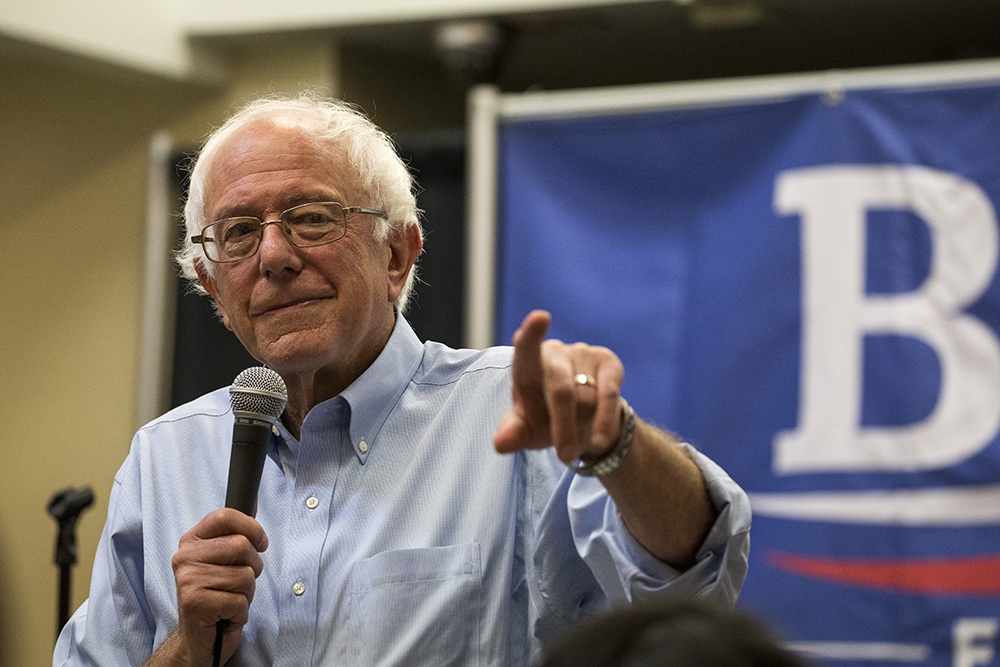In the race for the presidency, the establishment lags behind.
The Iowa caucus on Feb. 1 and the New Hampshire primary on Feb. 9 kicked off the presidential election season with the unexpected as surprise winners and close calls highlighted the disconnect between party and people as well as a growing weariness with the current political system.
WHAT THE PEOPLE WANT
Historically, a significant amount of public attention goes to Iowa and New Hampshire because these two states are the first ones in the election season where citizens vote for their candidates. If candidates do well, they are rewarded with immense attention from the media, donors and endorsements. If they do not, the media may no longer cover them and they might find themselves with a great lack of donors and eventually drop out of the race.
Because of this, these two states can greatly impact the final nominations and tend to act as an indicator of who will win the party nominations and what the American people want.
WITH SUSPICION
Despite Donald Trump leading in the polls for months in Iowa, Ted Cruz pulled the win. Yet their own party establishment views both of these leading candidates with suspicion.
The Democratic caucus concluded with a virtual tie between Hillary Clinton and Bernie Sanders — though Clinton barely scraped by with the win, winning two more delegates than Sanders when they each received approximately 49 percent of the vote.
Although Clinton technically won the caucus, Sanders did significantly better than expected when he first announced his run. Clinton may be the favorite of the Democratic elite, but it seems a lot more self-identifying Democrats support Sanders than the party expected. For both the GOP and the Democrats, the party leaders and the average party voters are at odds with one another and the Iowa results only further highlight that truth.
OPPOSITE SIDES
The New Hampshire primary winners, Donald Trump and Bernie Sanders, lie on opposite sides of the political spectrum. Trump, a businessman himself, fights fiercely for enterprise, while Bernie Sanders supports government-provided services. Not only do the party leaders and their parties seem to separate, but the American people themselves also seem to be more opposed to each other than ever. According to Gallup, 43 percent of Americans considered themselves moderate in 1992, whereas only 34 percent did in 2014.
But although Trump and Sanders appear to champion very different ideals, they both tell a similar narrative appealing to what Americans want right now — anything but your average politician. One of the most common complaints about American politics is that there is too much money in it — so Americans are choosing politicians they believe cannot be bought — and that certainly is not the establishment.
Although Iowa and New Hampshire cannot tell us everything about American perception of politics, it can surely show us how the parties are failing the people and how the citizens are ready for a change.







